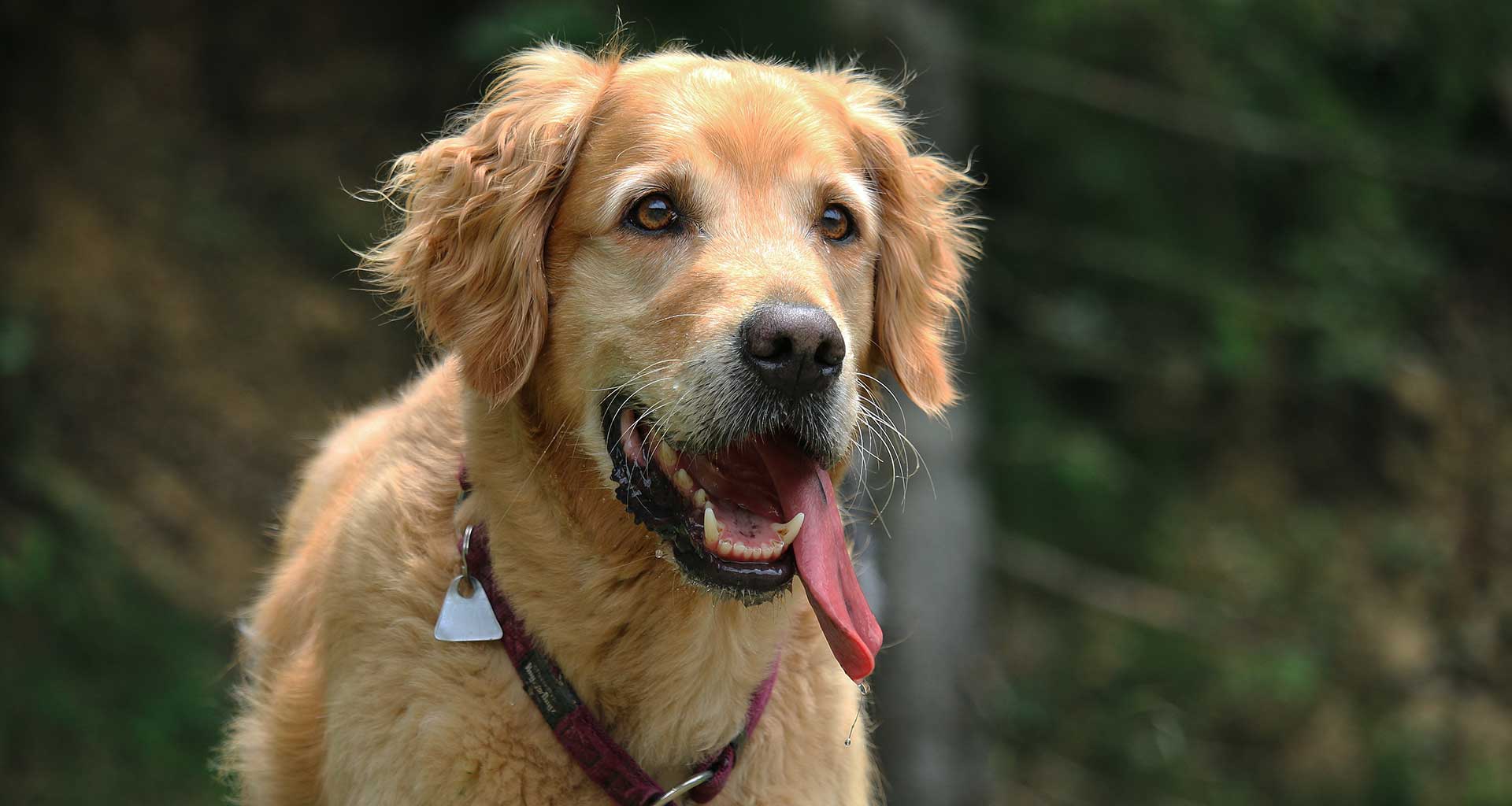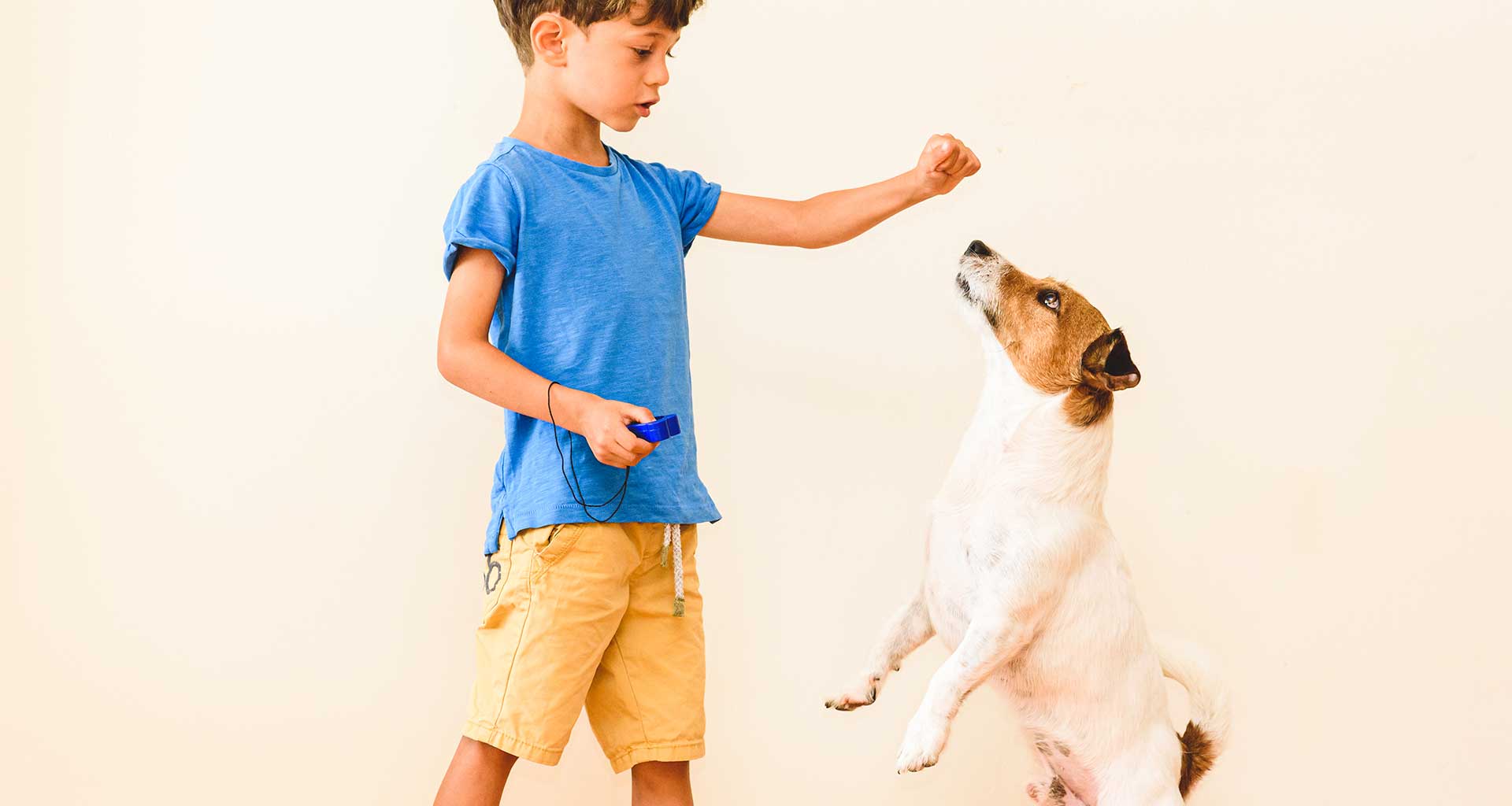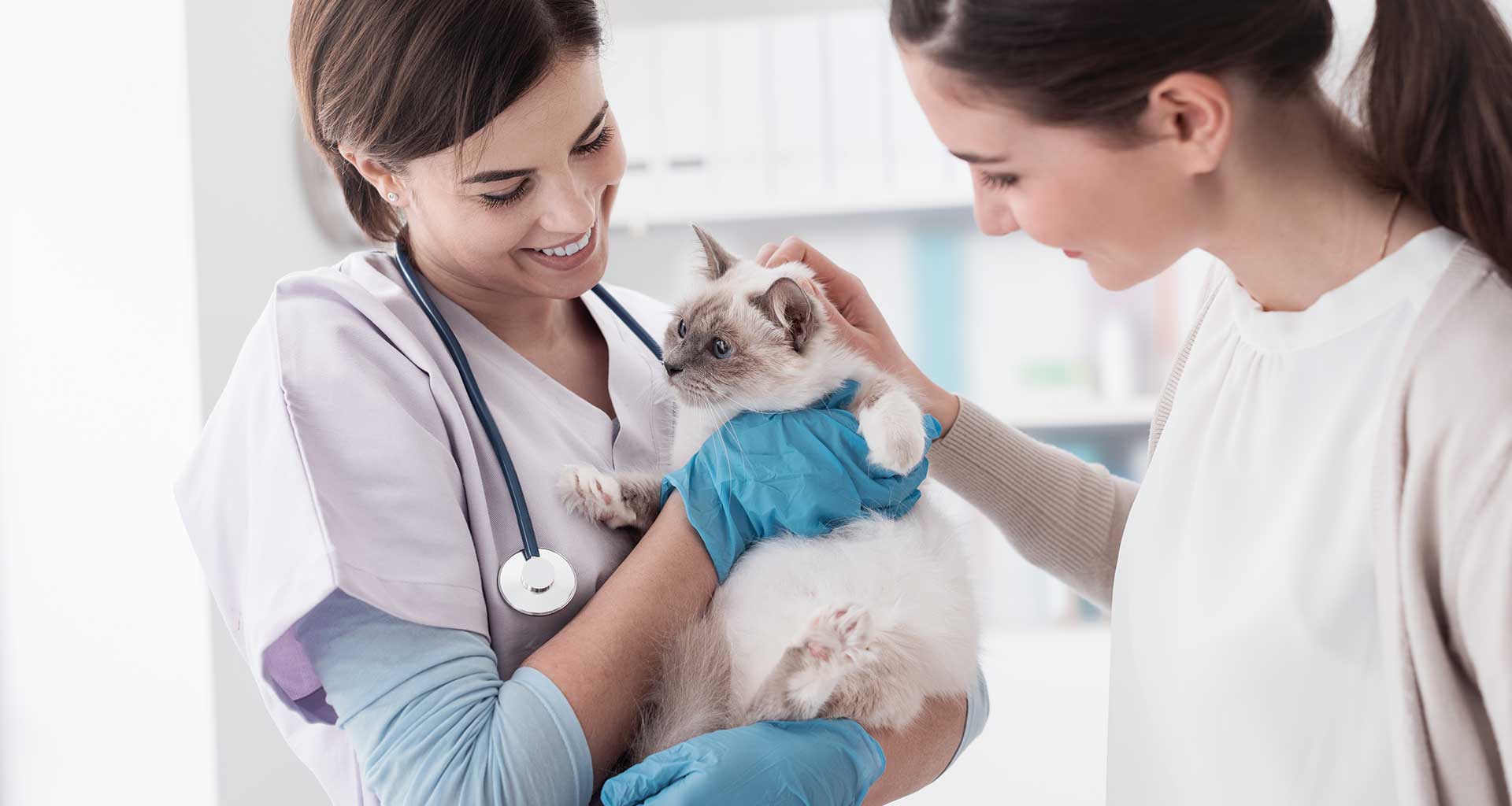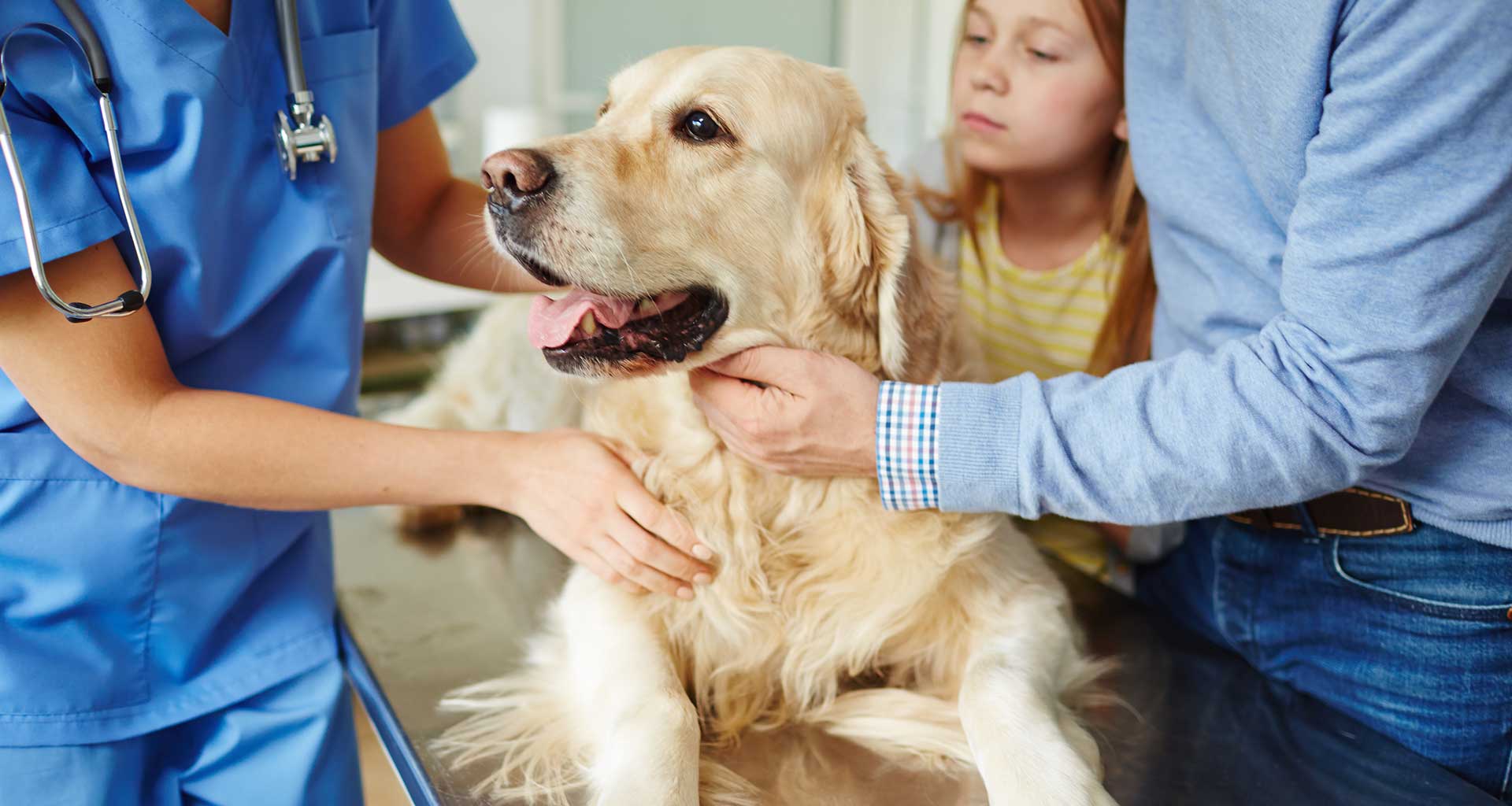Identifying the problem
When a behaviour problem is identified the first step is to ascertain whether it is a training problem or a true behaviour problem. Behaviour issues may be a result of many different factors. In order to properly evaluate a problem, our vets will look into behavioural issues by thoroughly reviewing your pet’s health records and doing a thorough assessment (sometimes, your pet may need blood or urine tests to check for core medical illnesses). Behaviour issues are frequently the result of a variety of variables working together, notably your pet’s surroundings and education can play a large part.
Genes can also predispose your pet to certain behaviours, but how those behaviours manifest in your pet will rely on how well-socialised and trained they are from an early age.
Training problems can be dealt with using training techniques which we can show you, or you may be referred to a trainer for assistance. True behaviour problems will require management of the mental state of your pet and involve behaviour modification and perhaps even the use of medication. Some problems, for example major aggression cases, will be referred directly to a qualified veterinary behaviourist.
As with many other veterinary problems, determining the correct diagnosis and developing an appropriate treatment plan often requires further investigation. The first step in solving a behavioural problem is to rule out possible medical conditions. Our veterinarians will often recommend blood tests and urine analysis and will perform a full physical examination.

Your pet's history
The next step is to compile a behavioural history. Our veterinarians will ask you a series of question, you may be asked to bring home a questionnaire to complete and return to the clinic before your next appointment.
Behaviour Assessment Consultations
The aim of the consultations is to establish a diagnosis and determine a treatment plan. Your veterinarian will gather together the information from any blood and urine tests completed and the information you provided. In addition, they will ask you more questions about your dog’s behaviour, and then explain to you why your dog is behaving the way she/he does and how to best treat this problem.
As mentioned, this may involve behaviour modification, and/or medications, or in some cases a referral to a qualified veterinary behaviourist.
Behaviour Treatment Consultations
Treatment of most behaviour cases will involve implementing behaviour modification techniques – this will be your job. The treatment consultation will discuss the treatment recommendations and explain to you how to carry them out.
In all cases, the treatment plan will involve commitment from you and your family to work consistently with your dog towards changing behaviour. All our techniques are based on the latest scientific knowledge and learning theory, are ethical, and aim to minimize the risk of harm or injury to you, your dog and others.
How can we help?
Behavioural consultations help modify problems such as:
- Unnecessary barking
- Aggressive behaviour between household pets, cats, neighbourhood dogs or people
- Separation anxiety
- Nervousness
- Jumping up and uncontrolled behaviour
- Pulling on the lead
- Not coming when called
- Feeding manners between dogs, towards humans
- Eating unusual substances (Pica and Coprophagia – eating of faeces)
- Fears and phobias such as desensitisation towards loud noises (i.e. vacuum cleaners, traffic, broom, postman, fireworks, thunderstorms)
- Destructive behaviour such as chewing, clawing and digging
- Inappropriate soiling, urination or defecation
- Introduction of new pet to existing pets
- Introduction of new family members such as a newborn baby






